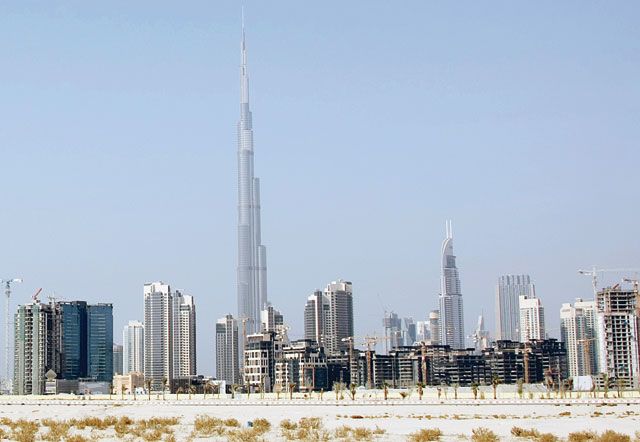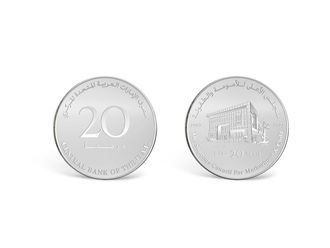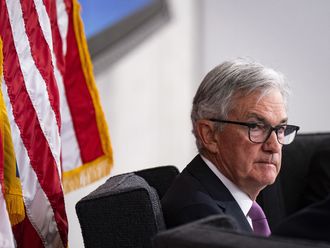Dubai: Dubai might opt to keep bank lenders onside and force bondholders to take a haircut as it tries to avoid wider refinancing for the emirate and the region as a whole.
Lenders are in for the long haul and have too much at stake to do anything other than roll over and restructure existing loans as they mature at rates that reflect Dubai's increased risk, bankers said.
Dubai World's $26 billion (Dh96 billion) standstill cut its access to international capital markets, leaving the company and the emirate with few financing alternatives, which puts the banks in a stronger negotiating position than bondholders.
How UAE markets fared after the Dubai World restructuring
"I still think that they will look after the loan providers more than the bondholders as loans are provided by banks that have to take a long-term view," said an international banker to the region.
A steering committee of Dubai World's creditors including Standard Chartered, HSBC, Lloyds, Royal Bank of Scotland and local lenders Emirates and Abu Dhabi Commercial Bank met Dubai World on Monday to outline their stand.
"Banks need to stabilise the market and achieve that by not falling behind other creditors," a second banker said.
The losers could be bond holders, many of whom are growing more vociferous by the day.
Demands
Holders of a $3.5 billion sukuk for property developer Nakheel are demanding repayment which could tip Nakheel and Dubai World into default — action which lenders' view as potentially damaging to larger claims.
But as the clock ticks down to Nakheel's bond payment on Monday, it looks increasingly likely that bondholders will have to accept some form of "haircut" or impairment, leaving Dubai World free to negotiate with longer-term debt holders, several bankers said.
Lenders said that Nakheel's bondholders may be offered some form of restructuring, possibly into another bond that would extend Nakheel's maturity.
This solution would not solve all of Nakheel's problems as the company needs new money to finish projects that are around 80 per cent complete, he added.
Opinion is divided among banks as to whether they will also suffer losses as a result of Dubai World's debt standstill. Many believe that Dubai will have to look after its longer-term debt holders, though the ultra-cautious are taking provisions on their exposures of up to 50 per cent.
Creditors said that they had hired KPMG to vet proposals that Dubai World has pledged but not yet provided sources said. Bondholders are being advised by Ashurst.
Top of the lenders' wish list is full disclosure of Dubai World's assets and liabilities. They are particularly keen to see a list of assets that could be sold — starting with non-cash generating assets.
Disclosure of the assets is the first hurdle to overcome. Dubai World may struggle to draw up a list of assets, particularly within the six-month standstill due to a cultural lack of transparency and reporting, several bankers said.
"It is not the nature of this part of the world to be transparent. There are huge cultural issues around disclosure," a Middle Eastern lending specialist said.
Dubai's finance minister said on Tuesday that restructuring Dubai World would take longer than six months.
Borse Dubai has to refinance a $2.5 billion loan that matures in February 2010 and Dubai International Capital, part of Dubai Holding, has to refinance a $1.25 billion loan that falls due in June 2010.
These companies will also be forced to seek explicit guarantees to refinance their debt in a world where banks' credit committees will refuse to accept anything but cast-iron guarantees, bankers said.
World Bank backing
Lenders say that Dubai World needs to put a credible plan in place by February or March latest. Any future borrowing will require a Federal guarantee from the UAE rather than Dubai, which has lost international lenders' confidence, bankers said.
Cash received from Dubai World's asset sales could be used to repay some of Dubai World's debt, with the remainder spread over a longer maturity with amortising repayments, bankers said.
Visiting World Bank President Robert Zoellick, however, expressed confidence on Tuesday that Dubai's debt will be addressed but warned there will be "different waves" as the world has yet to come out of the economic crisis.
The financial unrest in Dubai "can be contained" as the emirate and its creditors are likely to reach a standstill agreement, Zoellick said in statements carried by Japanese media.
"Officials have to be prepared for different waves of the crisis," Zoellick said. In 2010, "we have to anticipate potential dangers because we are not through this crisis," the head of the international lending institution added.
Low-interest rates policies adopted by monetary authorities after the start of the global financial crisis drove people to put their money in real estate, stock markets or other assets, according to Zoellick.













